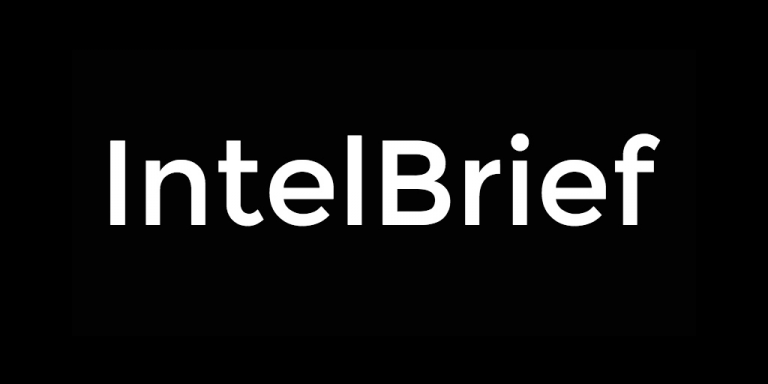INTELBRIEF
October 13, 2017
TSC IntelBrief: The First Amendment in the Age of Trump

The First Amendment to the U.S. Constitution reads: ‘Congress shall make no law respecting an establishment of religion, or prohibiting the free exercise thereof; or abridging the freedom of speech, or of the press; or the right of the people peaceably to assemble, and to petition the Government for a redress of grievances.’ It is arguably the most American civil right; one viewed worldwide with hope, by those striving to speak out, and with dread, by powerful interests seeking to curb speech that leads to change.
Both in his campaign for President and now in the White House, President Trump has waged battle, not just against specific news stories and organizations, but also with the notion of what is true or ‘fake’. All presidents have viewed the media as adversarial at various points in their administrations, yet none have gone so far as to claim that information that flatters is the only information that matters. While many past administrations have adopted a bunker mentality during times of trouble, as a rule, it’s only in the worst times that Presidents and senior staff viewed all criticism as disloyal to the nation.
On October 11, President Trump lashed out at NBC News for a report alleging he had told his national security team he wished to greatly expand the U.S. nuclear arsenal. Using Twitter, his favorite online platform, the President wrote ‘With all the fake news coming out of NBC and the Networks, at what point is it appropriate to challenge their license? Bad for the country!’ The notion of the press as the ‘enemy’ and reporting protected by the First Amendment as ‘bad for the country’ is held by many to be a shocking sentiment for a U.S. President to maintain, let alone express so often and with such disdain as does President Trump.
The First Amendment protects free speech from government interference; with some exceptions including so-called ‘fighting words,’ defamation, child pornography, libel and slander. It does not, however, protect a President from criticism or comments he dislikes, delivered by private sector actors. Regardless the Trump Administration has been explicit in calling for private sector parties (including corporations such as ESPN) to fire on-air personalities because of speech the White House viewed as either unfair to or demeaning to the President.
President Trump and his staff have often defended his right to ‘fight back’ when attacked publicly. Calling for a broadcast network to potentially lose a license (though broadcast licenses only affect network affiliate stations) or for on-air personalities to lose their jobs is an individual’s right, when offended. But for the President of the United States, the obligations of the office should outweigh those feelings of offense. There is really nothing the President can do legally to punish free speech from his Oval Office desk—though it appears he will continue using Twitter to attack the press. But to simply dismiss President Trump’s relentless denigration of the purpose and value of a free press would be to dismiss an essential part of the purpose and value of the office he holds in trust.
.
For tailored research and analysis, please contact: info@thesoufancenter.org
.
.